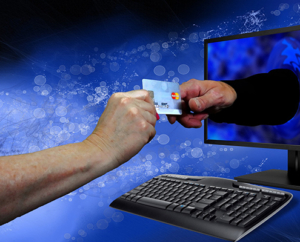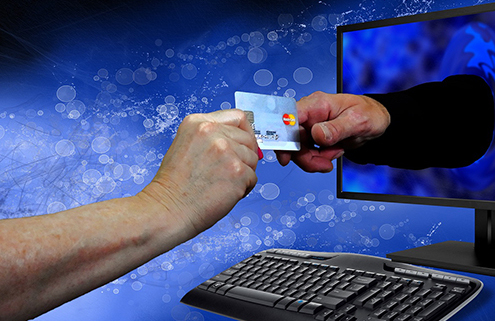Cybercriminals are Stealing from you by Using these COVID-19 Scams
It is estimated that COVID-19 fraud has cost Americans more than $13 million, and it is rising. This comes from the US government.
 The US Federal Trade Commission has added up the costs of all of these scams. They are looking from those that started from the 1st of January to the current week. What are these numbers made of? Mostly vacation and travel scams, as these have added up to $4.7 million lost. Online shopping scams are also out there, but they have only added up to $1.4 million.
The US Federal Trade Commission has added up the costs of all of these scams. They are looking from those that started from the 1st of January to the current week. What are these numbers made of? Mostly vacation and travel scams, as these have added up to $4.7 million lost. Online shopping scams are also out there, but they have only added up to $1.4 million.
The global spread of coronavirus has forced people to change the way they live, work, and even socialize. This is going to be the case for some time to come, and because of this, the cybercriminals have jumped onto the bandwagon, and they know…if they are lucky…this could be a lucrative thing for them.
These COVID-19 scams are definitely playing on the fears of the general public, and the goal of these cyber criminals is to get their targets to give them their personal information. Then, the bad guys use this information to commit fraud. In other words, they take money directly out of the hands of the people who need it the most.
What are the Tactics that People are Using to Hack Their Victims
There are a number of COVID-19 tactics that are being used to trick people into giving away their personal information, and in some cases, their hard-earned money.
Most of the tactics are combining phishing texts and emails with fake sites. Here are some of the things that are commonly found in a number of different languages:
- Malware that is sent by “official” feeds, which are not really official. These include things like real time COVID-19 maps, which are actually meant to spread malware.
- Messages that are offering an iPhone 11…for free…to help pass the time at home.
- Messages offering payday loans to help people who are having problems with money.
- Scams advertising products that are supposedly “cures” for COVID-19.
- Coronavirus-themed domain names that seem to offer official information about the virus, but instead, simply spread viruses.
- Emails from sources that show they are from WHO, the CDC, or even local governments.
- Emails that ask for donations for COVID-19 research
- Emails that look like they are coming from the government that have fake links allowing you to claim a tax refund.
- People from the UK have reported getting fake emails saying they are from the BBC and the person’s TV license is expired. Then, they are asked to go to a website and update their details.
- Phone calls are coming that are recorded and telling people that their broadband access will be cut off within 24 hours thanks to “illegal activity,” and the user must “press 1” to speak with a person to fix it. Once you are connected, they do all they can to get personal information from you.
- Emails from people claiming to be “company officials,” that contain and attachment with the names of people within the organization that have tested positive for COVID-19.
No person nor industry is immune to this, so keep your eyes open and stay safe.
ROBERT SICILIANO CSP, is a #1 Best Selling Amazon author, CEO of CreditParent.com, the architect of the CSI Protection certification; a Cyber Social and Identity and Personal Protection security awareness training program and the home security expert for Porch.com


























